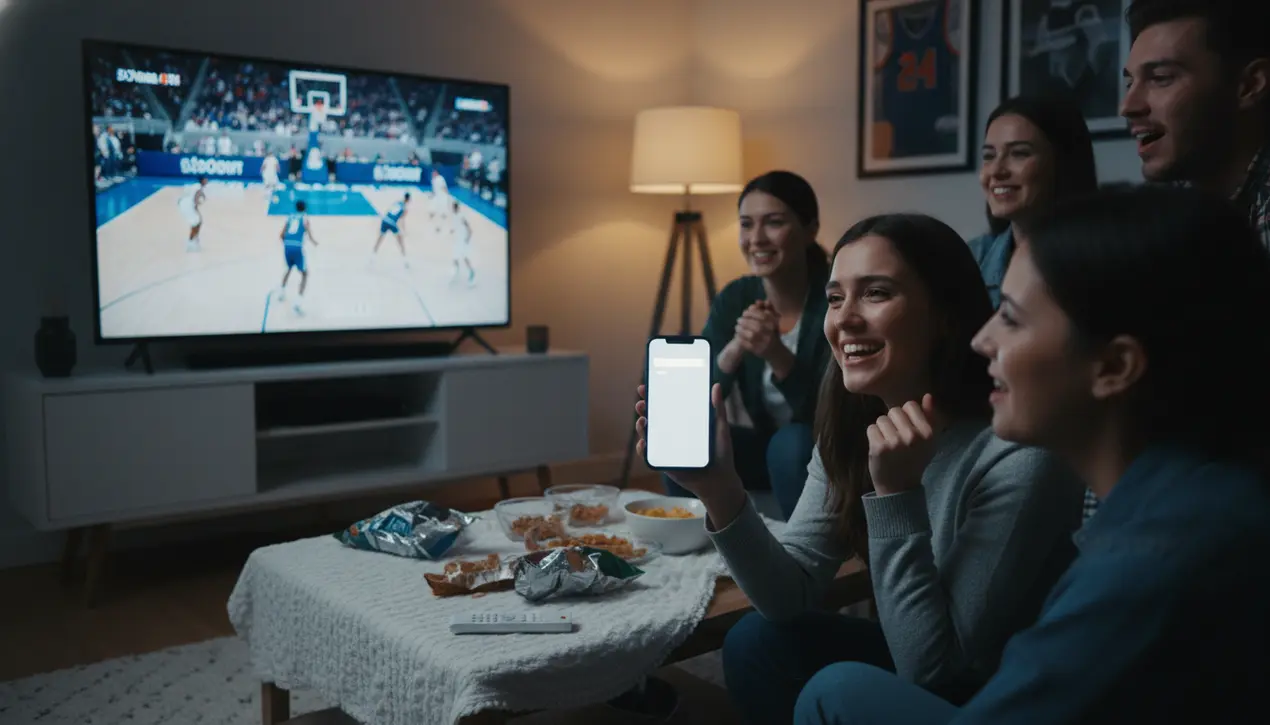
Entertainmenttv & streamingStreaming Platforms
Disney and YouTube TV reach deal ending two-week blackout.
LI
Liam Brooks
2 hours ago7 min read
For the millions of us who live and die by our sports subscriptions, the two-week blackout of Disney-owned channels on YouTube TV felt like an eternity, a brutal overtime period with no end in sight. The drama, which kicked off on October 30th, was the kind of behind-the-scenes corporate showdown that directly impacts the fan experience, cutting off access to ESPN, ABC, and National Geographic right in the thick of NFL season, college football Saturdays, and the crucial 2025 election night coverage.Imagine the group chat chaos—over 8 million subscribers, a huge chunk of whom signed up specifically for live sports, were suddenly left in the lurch, and consumer surveys were flashing major red flags that a significant portion were ready to cancel their subscriptions if a deal wasn't struck. This wasn't just a contract dispute; it was a high-stakes game of chicken where the viewers were the collateral damage.The core of the tension was a modern media paradox: Disney, aggressively building its own streaming empire with Disney+ and Hulu, was hesitant to let a giant tech platform like YouTube TV, owned by Alphabet, distribute its prized streaming content within its own walls. Why would they hand over the keys to the kingdom? Yet, in the new multi-year agreement, Disney caved on some of those demands, a telling concession that highlights the evolving power dynamics.The deal isn't just a simple restoration of the status quo; it's a significant upgrade. YouTube TV subscribers now get the full suite of Disney networks, plus the unlimited version of ESPN's new direct-to-consumer service at no extra cost, integrating live and on-demand ESPN Unlimited programming directly into the YouTube TV app.Furthermore, some Disney networks will be slotted into genre-specific packages, and one of Disney's streaming bundles will be available as a select offering, blurring the lines between traditional cable and a la carte streaming in a way we haven't seen before. This follows a similar pattern from earlier this year when NBC and YouTube TV narrowly avoided a blackout, eventually agreeing to a deal that brought some Peacock sports content—though notably not NFL games—to the platform.These disputes are becoming the new normal, a painful but necessary process as digital pay-TV companies aggressively reshape legacy distribution agreements to better suit their long-term business objectives, often using their massive subscriber bases as leverage. As Disney Entertainment co-chairs Alan Bergman and Dana Walden and ESPN chairman Jimmy Pitaro said in a joint statement, the agreement reflects a 'continued commitment to evolving with how audiences choose to watch.' Meanwhile, YouTube TV's statement, expressing happiness at preserving 'the value of our service for our subscribers and future flexibility,' and apologizing for the disruption, felt like a coach finally calming a restless fanbase after a tough, but ultimately victorious, negotiation. For the average viewer, it’s a relief to get back to the game, but this entire saga is a clear signal that the battle for your screen is only getting more complex, with every blackout and subsequent deal rewriting the rules of the media landscape in real-time.
#featured
#Disney
#YouTube TV
#distribution deal
#blackout
#live sports
#streaming
#ESPN
Stay Informed. Act Smarter.
Get weekly highlights, major headlines, and expert insights — then put your knowledge to work in our live prediction markets.
Related News
Comments
Loading comments...
© 2025 Outpoll Service LTD. All rights reserved.